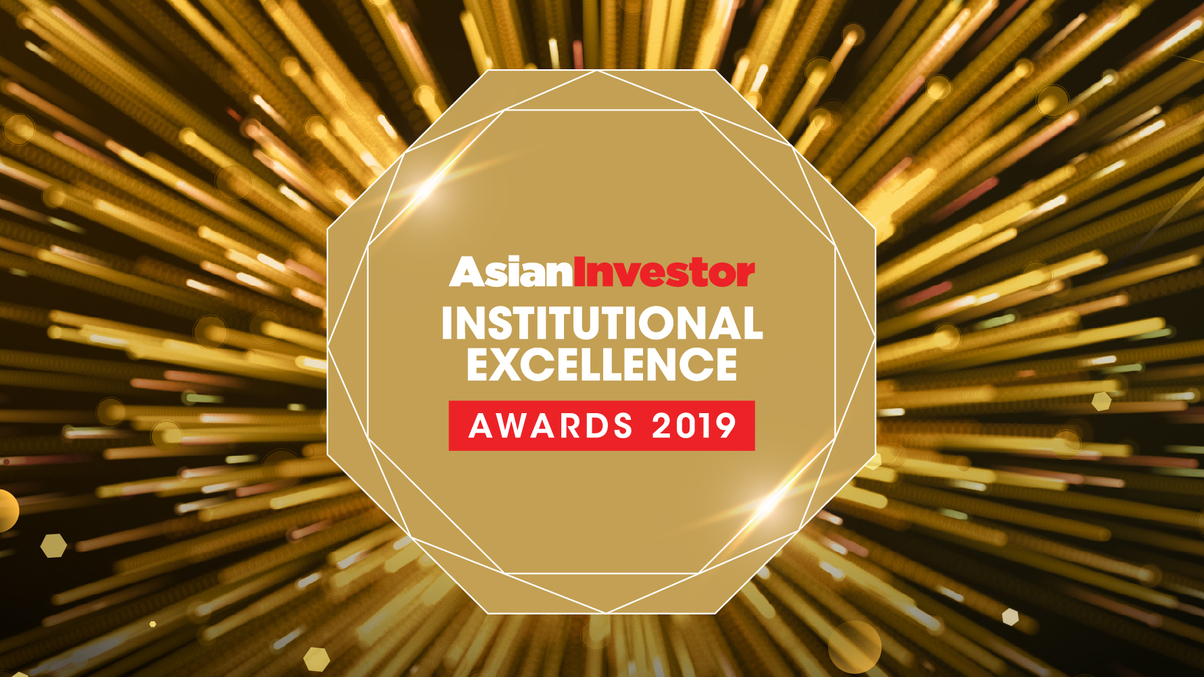award
Asia’s standout asset owners: HKMA and UniSuper’s strengths
AsianInvestor discusses why the Hong Kong Monetary Authority and UniSuper won in their respective award categories of Reserves Management Institution and Pension Fund.

The past few years have amply demonstrated why the world’s most successful asset owners combine process discipline with hard work, talented personnel and a willingness to embrace new opportunities.
Sign In to Your Account
Access Exclusive AsianInvestor Content!
Please sign in to your subscription to unlock full access to our premium AI resources.
Free Registration & 7-Day Trial
Register now to enjoy a 7-day free trial—no registration fees required. Click the link to get started.
Note: This free trial is a one-time offer.
¬ Haymarket Media Limited. All rights reserved.


